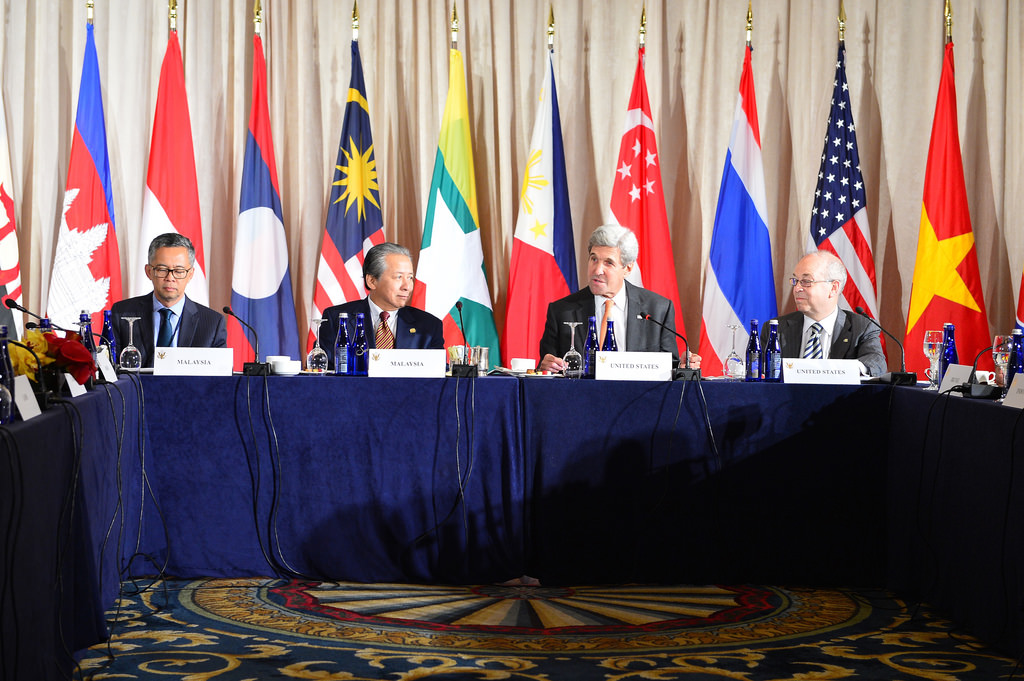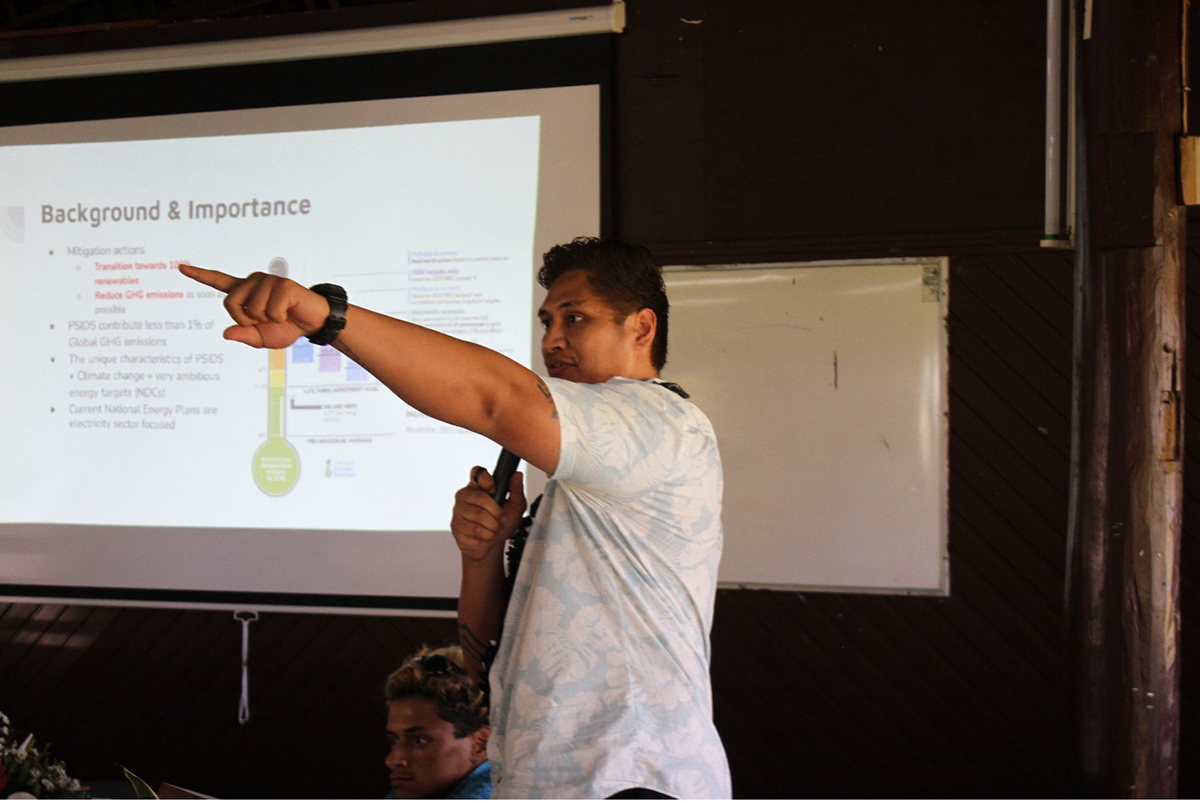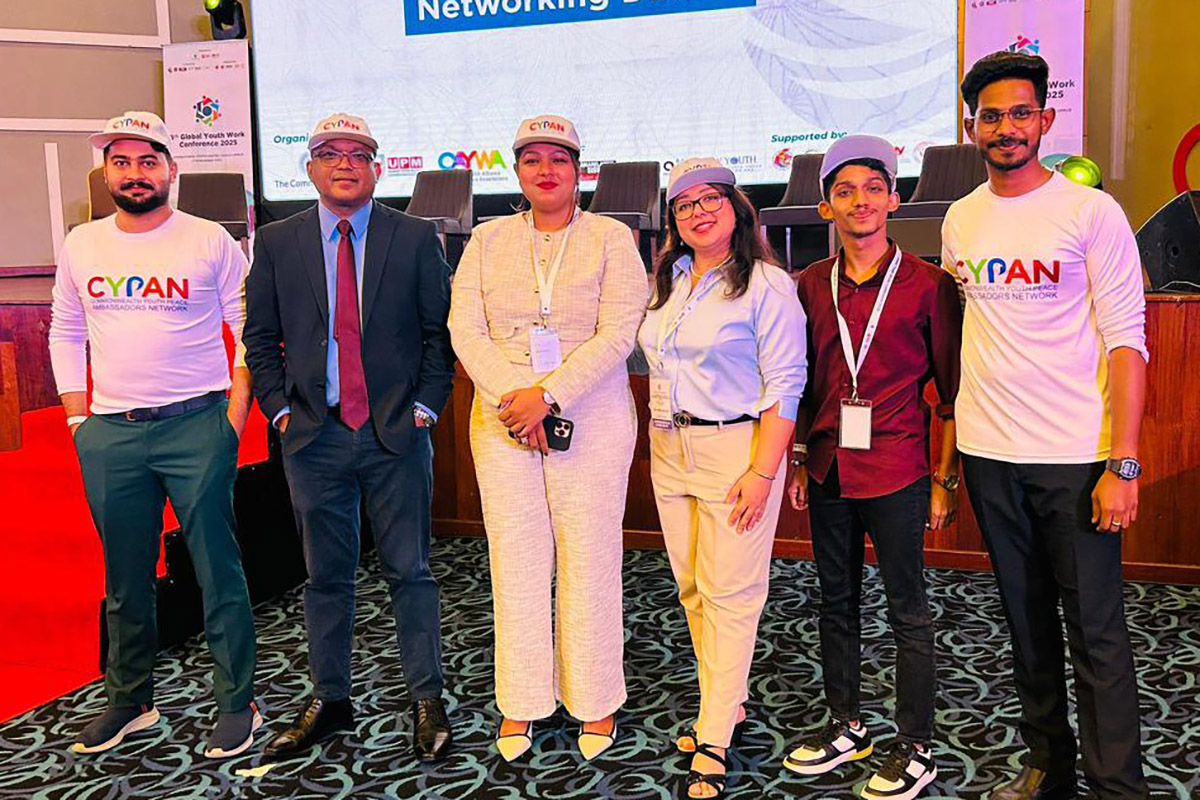“ASEAN needs a policy mechanic”
November 11 The Association of Southeast Asian Nations is facing challenges, writes Jak Hardy, 20, a Correspondent from Australia, who suggests the remedies can be found in the skills of a policy “mechanic”.
The Association of Southeast Asian Nations is facing challenges, writes Jak Hardy, 20, a Correspondent from Australia, who suggests the remedies can be found in the skills of a policy “mechanic”.
ASEAN cannot defend basic liberties as long as it relies on its insufficient internal mechanics.
These structures were born of ideologies incompatible with the values upon which the rights perch, that is, universality, equity, and democracy. Instead, they fail to remain independent, their decisions are political garb, and their institutions are not, in the end, designed to enforce those decisions.
But with the help of a policy mechanic, there is still room for change on these issues of independence, instruments and instituions.
A patent insufficiency is observable in the lack of independence within ASEAN’s executive arms (Commissions and Committees). For example, the ASEAN Intergovernmental Commission on Human Rights (“AICHR”) is comprised of ten government-appointed representatives. Similarly structured are the Committee on the Implementation of the ASEAN Declaration on the Protection and Promotion of the Rights of Migrant Workers (“ADMW”) and the two faculties of the Commission on the Promotion and Protection of the Rights of Women and Children (“ACWC”).
Given that government bias is an Everest to overcome, especially those ruled by one party, the hope for democratic independence in these bodies is a faint one. it’s simply solved, though!
ASEAN could decide to shift the onus of selecting a representative to the national human rights institutions, which are supposed to be independent themselves. It would allow, theoretically, for closer scrutiny and less bureaucratic interference.
In terms of instruments, of the eleven documents over which ASEAN guards, eight are unenforced and non-binding declarations – including the ASEAN Human Rights Declaration 2012 (“ADHR”).
Two are Action Plans, which are nothing more than unenforced (though measurable) strategies to achieve social ideals. Only one document in the entirety of the ASEAN legislative lot is binding, and that is its foundational Charter, to which all member states are a party.
The ASEAN Charter 2007 is basically a “company constitution” that makes small mention of human rights. Whilst a step in the right direction, the charter fails to bind member states to any defined rights standard. What it does do, pursuant to one of its articles, is enforce the notion of territorial
integrity and sovereignty which can be, and is interpreted as, a defence for non-interference when it comes to domestic human rights violations.
The solution? Binding documents anchored by incentives (e.g. requisites for hosting key events, trade treaties) and penalties (e.g. suspensions, sanctions). These enforcement methods require institutions given such power.
Now, even if the instruments they produced were enforceable, and their members were independent, ASEAN’s institutions would remain merely consultative. The AICHR, the “overarching regional human rights body” with fourteen mandates, is just that. Meeting twice-yearly, it’s basically a
marketing and research institute, holding no judicial or penalising authority.
The ACWC and ADMW are similarly ineffective. The only way to fix this problem is to grant these institutions enforcement functions, lest they remain political marketing bodies.
With Asia’s growing populace, there is an increasing need to jump-start sustainable development, human rights included. ASEAN has the choice: stifle a dignified, just future for South-east Asia, or be its catalyst.
To find out more, check out these articles:
• Leo Suryadinata & Kin-Wah Chin, Michael Liefer – Selected Works on Southeast Asia (2005, Singapore Institute of Southeast Asian Studies).
• University of Hong Kong (Department of Law, Government and Society), Final Declaration of the Regional Meeting for Asia of the World Conference on Human Rights (2012, University of Hong Kong).
• Jean-Marc Ferre, ‘UN official welcomes ASEAN commitment to human rights but concerned over declaration wording’ United Nations News Centre (19 November 2012).
• Arghea Hapsari, ‘NGOs to report rights abuse cases to AICHR’ Jakarta Post (29 March 2010).
• Catherine Renshaw, ‘The ASEAN Human Rights Declaration – Cause for Celebration?’ Regarding Rights (25 January 2013).
• D Kim ‘Is Culture Destiny? The Myths of Asia’s Anti-Democratic Values’ Foreign Affairs (November 1994, rFlorida).
photo credit: U.S. Department of State Secretary Kerry Delivers Remarks at the ASEAN Foreign Ministers Meeting via photopin (license)
…………………………………………………………………………………………………………………
About me: Aiming for doctoral research, I’m currently studying a Graduate Certificate in Business Administration and Bachelor of Laws, having obtained a Diploma of Ministry in 2013.
I’ve been privileged to work with youth in many contexts, including as a Coordinator of Policy and Advocacy with CYPAN and as an Associate Fellow of the Royal Commonwealth Society.
Obsessed with Mexican food, political dramas and Nutella, I am resolved to raising catalytic WorldChangers, and intend to do this as an advocate, adviser and an academic
…………………………………………………………………………………………………………………
Opinions expressed in this article are those of the author and do not necessarily represent the views of the Commonwealth Youth Programme. Articles are published in a spirit of dialogue, respect and understanding. If you disagree, why not submit a response?
To learn more about becoming a Commonwealth Correspondent please visit: http://www.yourcommonwealth.org/submit-articles/
…………………………………………………………………………………………………………………




